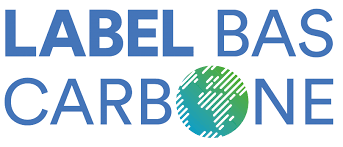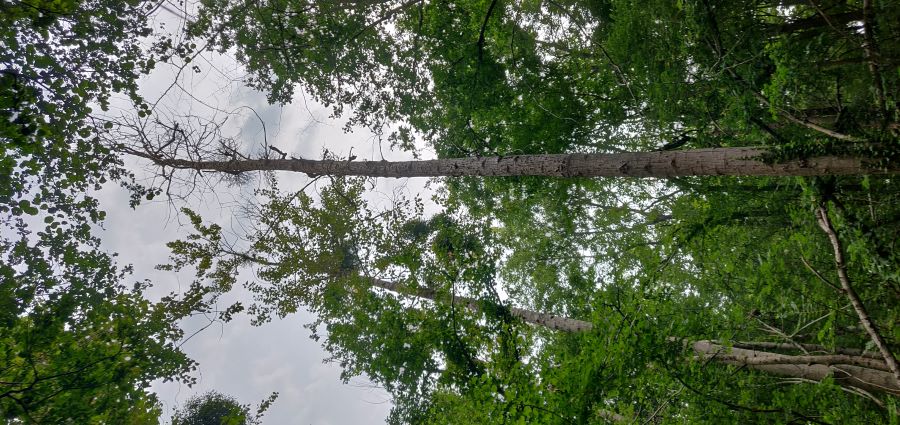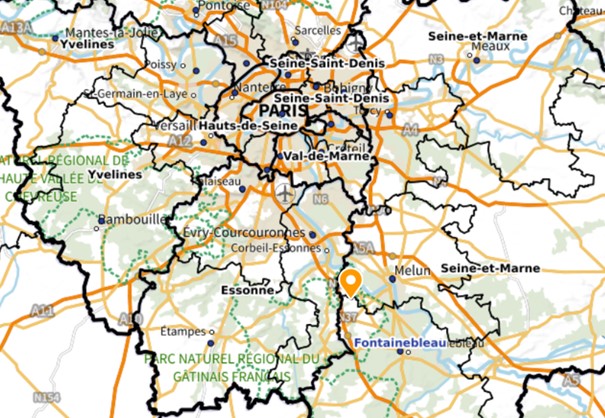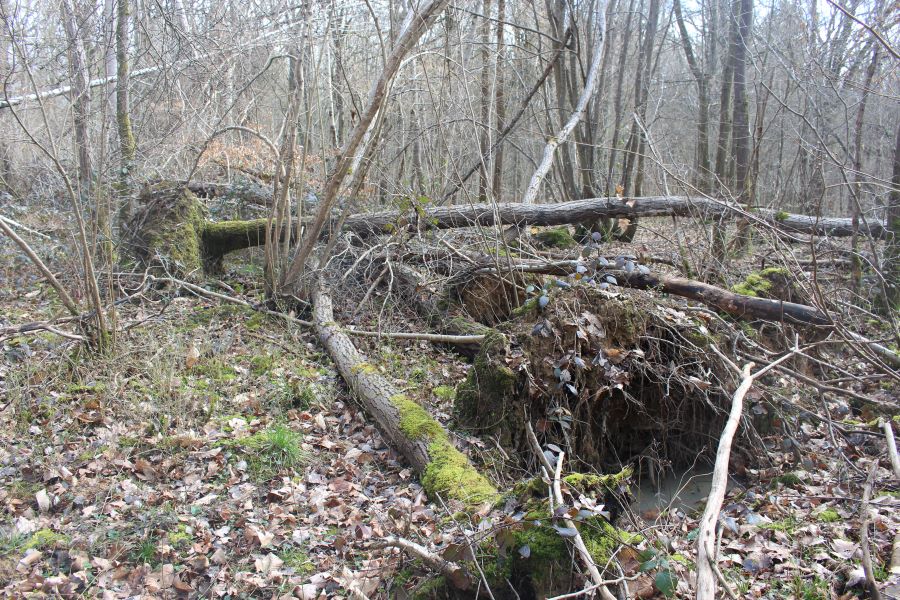Reforestation Pringy
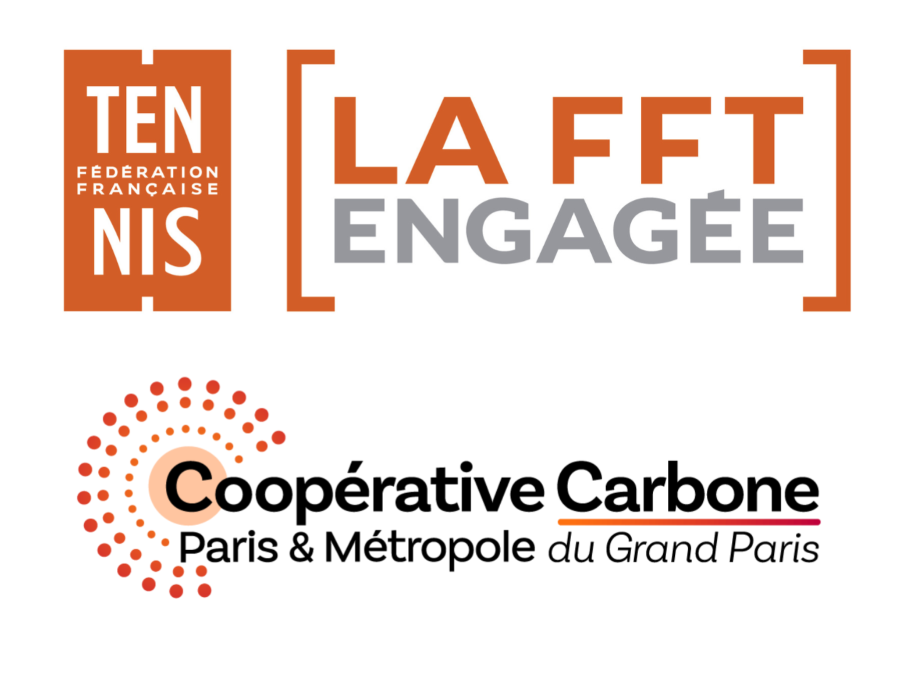
Frenche Tennis Federation with the support of Coopérative Carbone Paris
The French Tennis Federation, accompanied by Coopérative Carbone Paris, has contributed 600 tonnes of CO2 to the Pringy reforestation project. These will be verified following an audit 5 years after planting.

Green Yellow
GreenYellow contributed to the reforestation project in Pringy, offsetting 130.4 tons of CO2. These will be verified following an audit conducted five years after planting.

REI Habitat (Operation Wood-up - 1 Building 1 Forest)
REI Habitat, as part of the 1 Building 1 Forest initiative for its Wood up operation, contributed to the reforestation project in Pringy, offsetting 601 tons of CO2. These will be verified following an audit carried out five years after planting.

